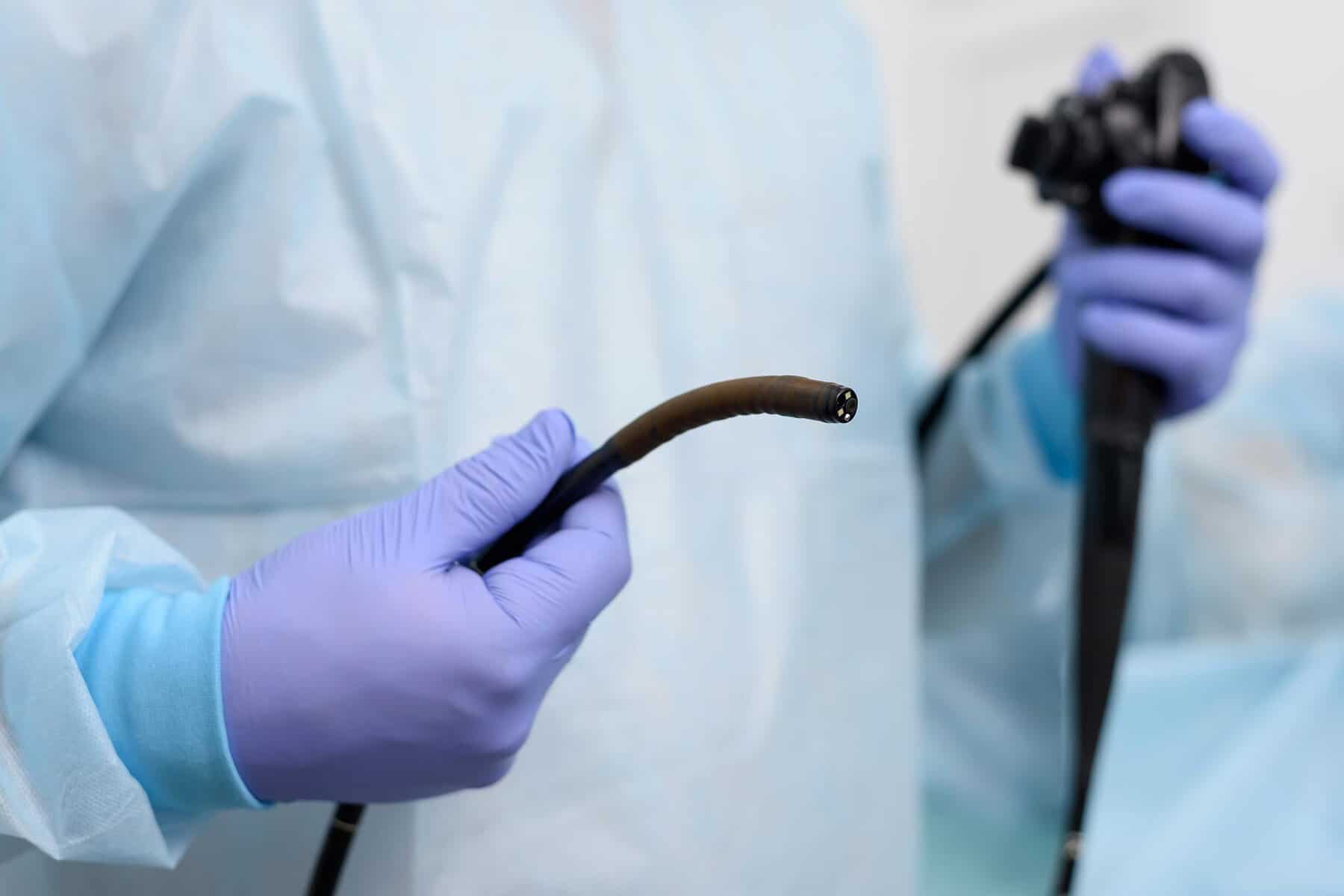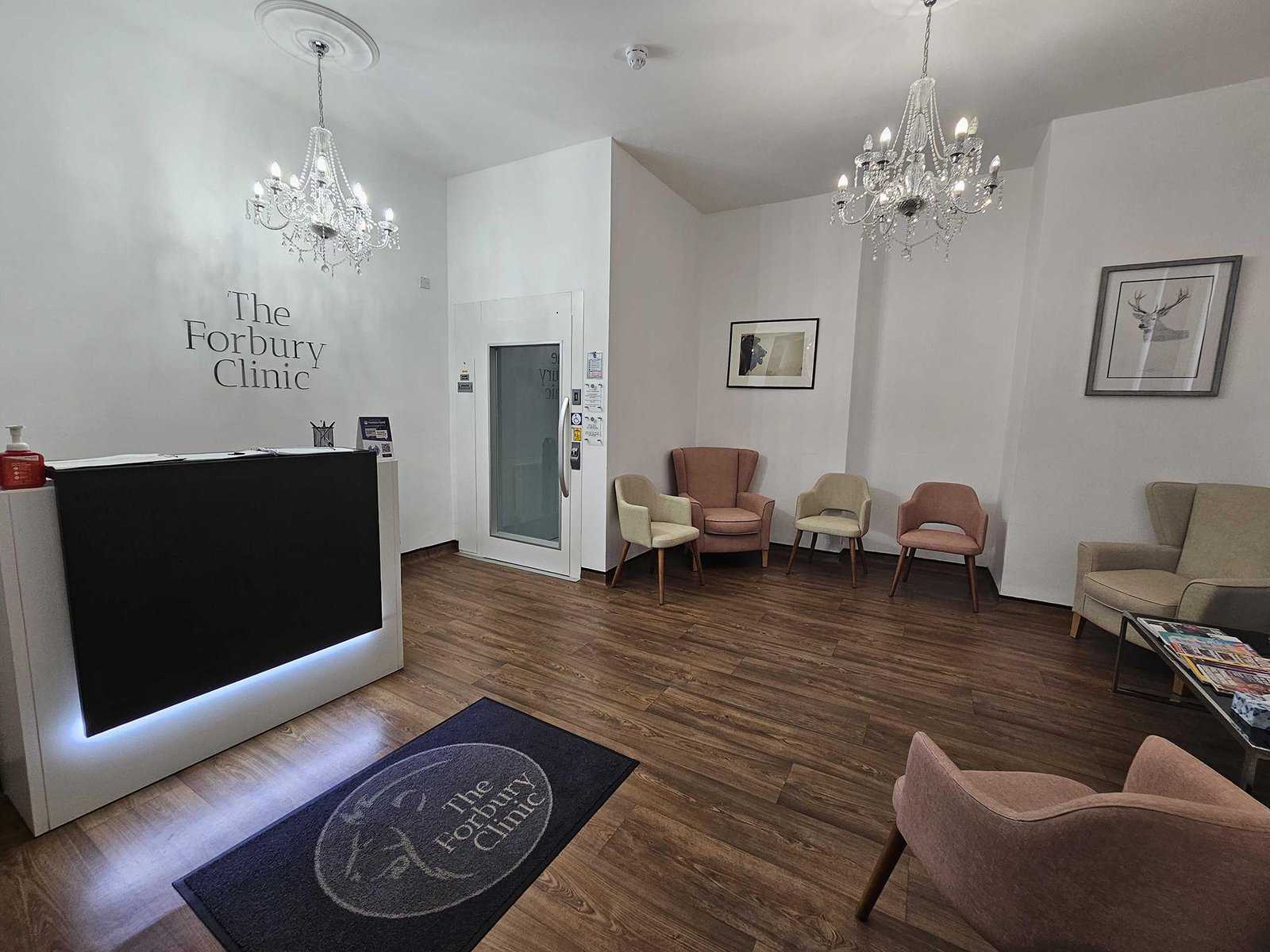Septal Perforation Treatment
Experiencing symptoms of septal perforation? Get expert care and effective treatment at The Forbury Clinic. Enquire now for a consultation.

Overview
Septal perforation, a condition characterised by a hole in the nasal septum, can cause significant discomfort and health issues. Addressing and treating this condition is crucial to prevent complications and improve quality of life. At The Forbury Clinic, we offer comprehensive and advanced treatments tailored to your needs. Contact us today to book a consultation.


What is Septal Perforation?
Septal perforation refers to a hole or fissure in the nasal septum, the cartilage and bone structure that separates the two nostrils. This condition can lead to various symptoms, including nasal congestion, frequent nosebleeds, and a whistling sound when breathing. The size and location of the perforation can significantly impact the severity of the symptoms.
Common symptoms and signs of septal perforation include:
- Nasal obstruction
- Recurrent nosebleeds
- Crusting around the nostrils
- Whistling noise while breathing
- Nasal discharge
Causes and Risk Factors
Causes
Several factors can lead to the development of septal perforation, including:
Trauma:
Injury to the nose, such as a blow to the face.
Surgery:
Complications from nasal surgeries like septoplasty or rhinoplasty.
Infections:
Chronic nasal infections can erode the septum.
Inflammatory Diseases:
Conditions like Wegener’s granulomatosis.
Drug Use:
Intranasal use of drugs, particularly cocaine.
Medical Treatments:
Overuse of nasal sprays or radiation therapy.
Risk Factors
Risk factors contributing to septal perforation include:
Nasal Trauma:
Repeated injury or surgical interventions.
Infections:
Chronic or untreated nasal infections.
Autoimmune Disorders:
Diseases that cause inflammation of the nasal passages.
Substance Abuse:
Particularly intranasal drug use.
Environmental Factors:
Exposure to industrial chemicals or pollutants.
Diagnosis
Diagnosing septal perforation involves a thorough evaluation, including:
- Medical History: Discussing symptoms, trauma history, and previous nasal surgeries.
- Physical Examination: Using a nasal speculum to inspect the septum.
- Endoscopy: A detailed examination with a thin, flexible tube equipped with a camera.
- Imaging Studies: CT scans or MRI to assess the extent of the perforation.
- Biopsy: In rare cases, to rule out cancer or specific infections.

Treatment Options
At The Forbury Clinic, we provide a range of treatments for septal perforation:
- Medications
- Non-Surgical Options
- Surgical Options
- Innovative Treatments
Topical Ointments:
To reduce crusting and promote healing.
Saline Nasal Sprays:
To keep the nasal passages moist.
Nasal Septal Buttons:
Silicone or plastic devices to close the perforation temporarily.
Humidification Therapy:
Using humidifiers to maintain moisture in the nasal passages.
Septal Perforation Repair:
Surgical procedures to close the perforation using tissue grafts.
Flap Surgery:
Utilising adjacent nasal tissue to cover the perforation.
Endoscopic Surgery:
Minimally invasive techniques to repair small perforations.
Innovative Treatments:
The Forbury Clinic employs cutting-edge technologies and advanced surgical techniques to ensure optimal outcomes for patients with septal perforation.
Managing Septal Perforation
Managing septal perforation involves ongoing care and lifestyle adjustments:
Avoid Nasal Trauma:
Prevent further injury to the nose.
Maintain Nasal Hygiene:
Regular use of saline sprays and ointments.
Use Humidifiers:
To keep the nasal passages moist.
Avoid Nasal Irritants:
Reduce exposure to smoke and pollutants.
Follow Medical Advice:
Adhere to prescribed treatments and follow-up appointments.
Complications and Prognosis
If left untreated, septal perforation can lead to complications such as:
- Chronic Infections: Due to the persistent opening in the septum.
- Nasal Deformities: Changes in the shape of the nose over time.
- Breathing Difficulties: Increased nasal obstruction and discomfort.
With appropriate treatment, many individuals experience significant symptom relief and improved quality of life. Regular follow-up and adherence to medical advice are essential for managing the condition effectively.


Why Choose The Forbury Clinic?
Choosing The Forbury Clinic for septal perforation treatment offers several advantages:
- Expert Staff: Experienced ENT specialists and surgeons.
- Cutting-Edge Technology: Advanced diagnostic and surgical equipment.
- Patient-Centred Care: Personalised treatment plans tailored to individual needs.
